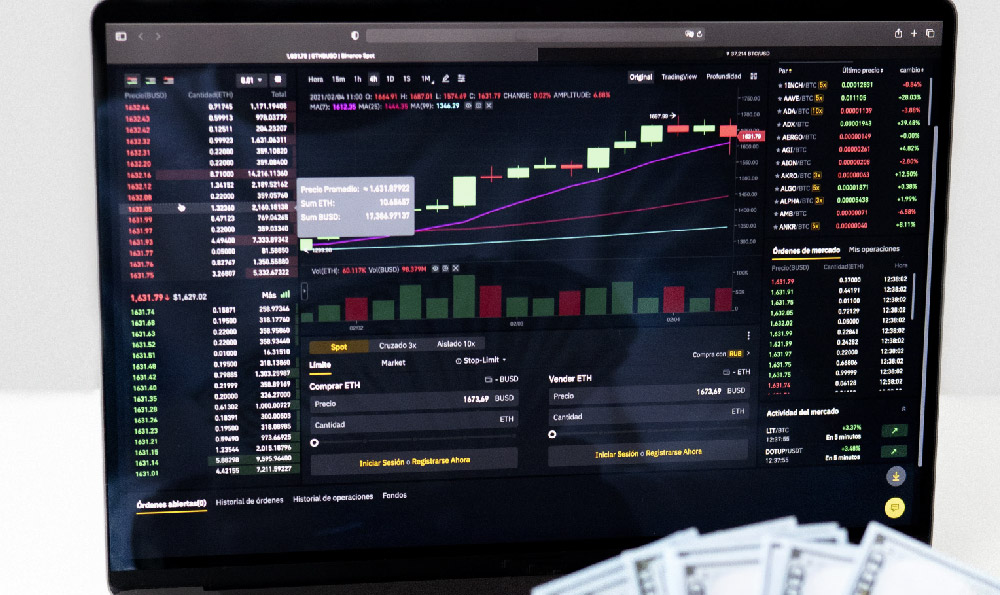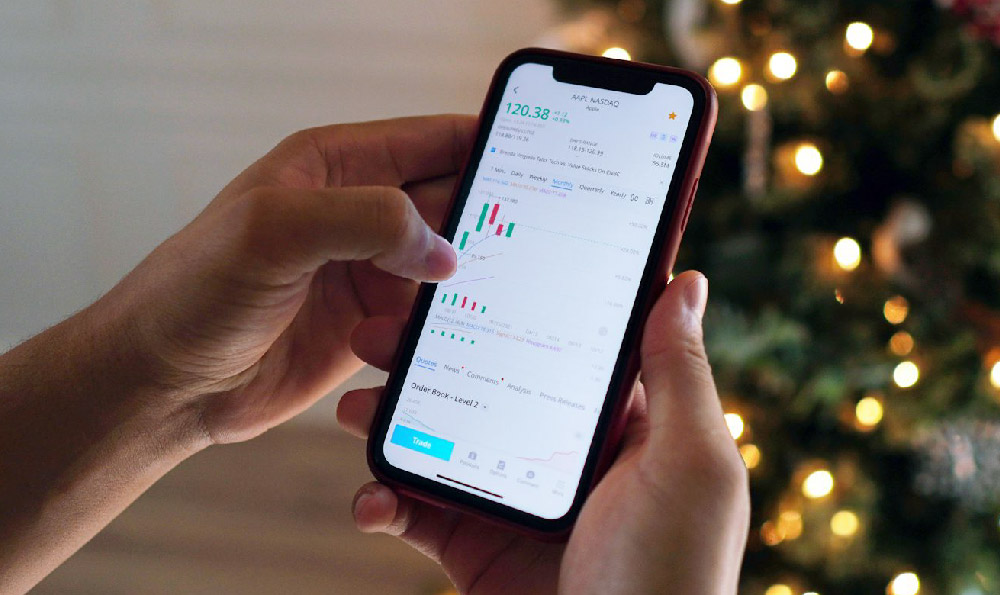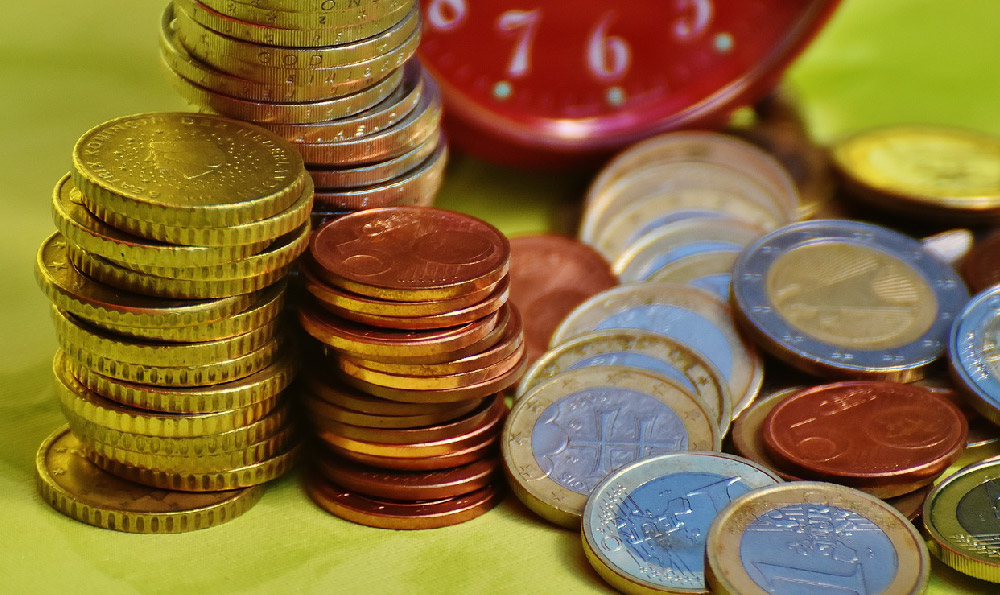Is Bitstamp Safe? How Secure Is Bitstamp Exchange Really?
Bitstamp, established in 2011, stands as one of the oldest and most reputable cryptocurrency exchanges in the industry. Its longevity alone speaks volumes about its commitment to security and regulatory compliance. However, in the fast-paced and often volatile world of cryptocurrency, questions regarding security are always paramount. Let's delve into the safety measures employed by Bitstamp and assess how secure this exchange truly is.
A Multi-Layered Security Approach
Bitstamp doesn't rely on a single security measure; instead, it adopts a multi-layered approach, combining technological safeguards with robust operational procedures. This holistic strategy aims to mitigate various risks, from hacking attempts to internal threats.

-
Cold Storage Dominance: A significant portion of Bitstamp's cryptocurrency holdings is stored offline in cold storage. This effectively isolates the funds from potential online attacks. Cold storage involves keeping private keys on hardware wallets or secure offline servers, rendering them inaccessible to hackers who target online systems. While the exact percentage fluctuates, Bitstamp consistently emphasizes its commitment to keeping the majority of assets offline.
-
Two-Factor Authentication (2FA): Bitstamp strongly encourages users to enable 2FA for their accounts. This adds an extra layer of security beyond just a password. 2FA requires users to provide a second verification code, typically generated by an authenticator app on their mobile device, when logging in or initiating transactions. This prevents unauthorized access even if a password is compromised.
-
Encryption: Bitstamp utilizes encryption throughout its platform. Data transmitted between users' browsers and Bitstamp's servers is encrypted using HTTPS, ensuring that sensitive information like login credentials and transaction details are protected from eavesdropping. Encryption also plays a crucial role in securing data stored on Bitstamp's servers.
-
KYC/AML Compliance: Bitstamp adheres to Know Your Customer (KYC) and Anti-Money Laundering (AML) regulations. This requires users to verify their identity before they can deposit, withdraw, or trade cryptocurrencies. KYC/AML procedures help prevent illicit activities such as money laundering and terrorist financing on the platform. While some may view KYC as intrusive, it's a necessary measure to maintain the integrity of the exchange and comply with legal requirements.
-
Regular Security Audits: Bitstamp undergoes regular security audits conducted by independent third-party firms. These audits assess the exchange's security infrastructure, identifying potential vulnerabilities and recommending improvements. The results of these audits are typically not made public, but the fact that Bitstamp invests in them demonstrates its commitment to maintaining a high level of security.
-
Withdrawal Confirmations: Bitstamp requires users to confirm withdrawals via email. This provides an extra layer of protection against unauthorized withdrawals. Even if a hacker gains access to an account, they would still need to access the user's email to confirm the withdrawal.
Regulatory Compliance and Licensing
Bitstamp is a fully licensed and regulated cryptocurrency exchange. It was one of the first exchanges to obtain a license in the European Union, specifically in Luxembourg, in 2016. This license requires Bitstamp to comply with strict regulatory requirements, including capital adequacy requirements, AML procedures, and data protection standards. Operating under regulatory oversight enhances Bitstamp's credibility and provides users with a degree of assurance that the exchange is operating responsibly.
Past Security Incidents and Lessons Learned
Like many cryptocurrency exchanges, Bitstamp has experienced security incidents in the past. In 2015, the exchange suffered a breach that resulted in the loss of approximately 19,000 Bitcoin. While this was a significant setback, Bitstamp responded swiftly and transparently. The exchange suspended operations, investigated the breach, and reimbursed affected users. The incident served as a valuable learning experience for Bitstamp, leading to significant improvements in its security infrastructure.
Since the 2015 breach, Bitstamp has not reported any major security incidents. This suggests that the exchange has learned from its past mistakes and has implemented more robust security measures.
User Responsibilities: Protecting Your Own Account
While Bitstamp invests heavily in security, users also have a responsibility to protect their own accounts. Here are some best practices:
-
Strong Passwords: Use strong, unique passwords for your Bitstamp account and email address. Avoid using easily guessable passwords or reusing passwords across multiple websites.
-
Enable 2FA: As mentioned earlier, enable 2FA for your Bitstamp account. This is one of the most effective ways to protect your account from unauthorized access.
-
Beware of Phishing: Be wary of phishing emails or messages that attempt to trick you into revealing your login credentials or private keys. Always verify the sender's identity before clicking on any links or providing any personal information.
-
Keep Your Software Updated: Keep your operating system, web browser, and antivirus software updated to protect against malware and other security threats.
-
Use a Secure Internet Connection: Avoid using public Wi-Fi networks when accessing your Bitstamp account. These networks are often unencrypted and can be vulnerable to eavesdropping.
Conclusion: Is Bitstamp Safe?
Bitstamp has established itself as a relatively safe and secure cryptocurrency exchange through its multi-layered security approach, regulatory compliance, and commitment to continuous improvement. The exchange's emphasis on cold storage, 2FA, and KYC/AML procedures helps to mitigate various risks.
However, it's important to remember that no cryptocurrency exchange is completely immune to security threats. The cryptocurrency industry is constantly evolving, and hackers are always developing new ways to exploit vulnerabilities.
Ultimately, the safety of your funds on Bitstamp depends not only on the exchange's security measures but also on your own security practices. By following the best practices outlined above, you can significantly reduce your risk of becoming a victim of fraud or hacking. While Bitstamp has demonstrated a commitment to security and resilience, individual responsibility remains a crucial component of safeguarding one's digital assets. Therefore, conduct thorough research and exercise caution when engaging with any cryptocurrency exchange, including Bitstamp.















